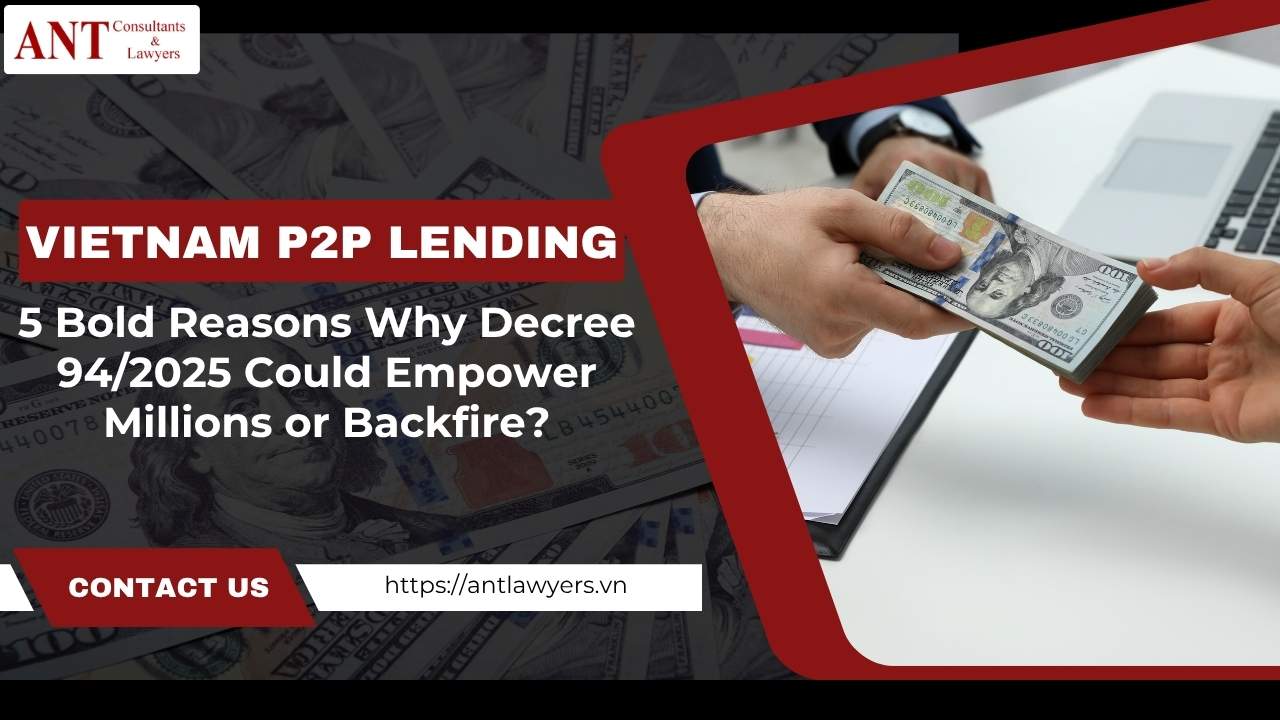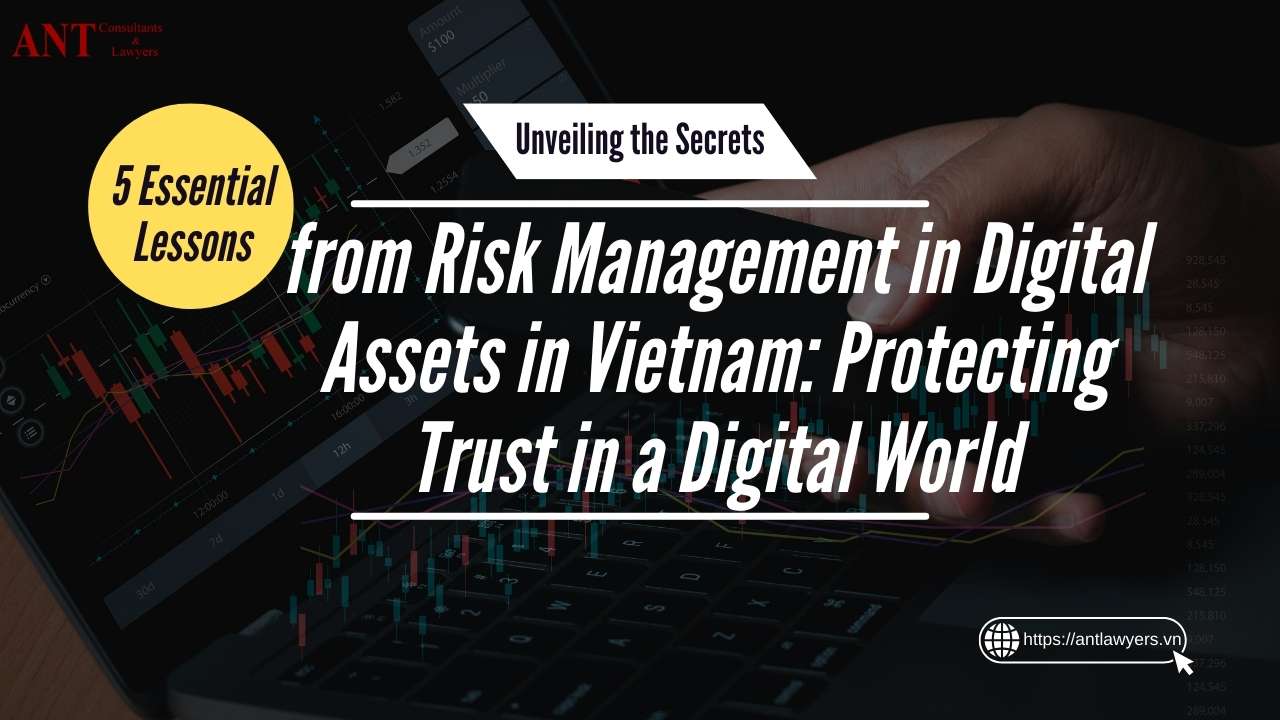Trust matters. Today, more than ever.
Across industries, many companies are now being asked. directly or indirectly, to demonstrate ESG compliance in Vietnam. This request may come from a foreign buyer. Or a lender. Or a government official. But the meaning is the same: prove that your business is responsible.
Buyers ask questions. Investors dig deeper. Governments introduce new rules. Suddenly, and in an interesting way, it is not just about making money. It is about how the money is made.
In Vietnam, businesses are waking up to a new challenge. One that does not come from taxes or competitors. But from three small letters that carry big weight: ESG.
You might have heard the term before. Maybe in a meeting. Maybe on the news. Maybe in a proposal that didn’t go through.
If you are still unsure, you are not alone.
In here, we will explain why ESG compliance in Vietnam is no longer a trend. It is now a business language. One that speaks to profits, people, and the planet.
And for businesses that understand it early, it creates a powerful edge.

The New Business Requirement You Can’t Afford to Ignore
In the past, legal compliance was enough. Follow the law. Pay your taxes. Stay out of trouble. And business would be just fine.
Not anymore.
Customers are asking where your products come from. Investors want to know how you treat your workers. Regulators are monitoring your environmental impact.
This is not just happening in developed countries. It is happening in Vietnam too. More and more companies are being asked to demonstrate that they understand, apply, and improve ESG standards.
The idea of ESG stands for:
- Environmental (reducing pollution, saving energy, using resources wisely),
- Social (fair labor, community support, worker safety), and
- Governance (good leadership, anti-corruption, transparency).
For any company trying to grow, trade internationally, or attract funding, ESG compliance in Vietnam is no longer optional. It is expected.
A Competitive Advantage for the Businesses Who Get It Right
While some companies feel ESG is a burden, the smart ones see it differently.
ESG is a chance. A doorway. A reputation builder.
When you understand ESG compliance in Vietnam, you gain:
- Easier access to foreign buyers
- Better chances of funding or credit
- A stronger reputation in your industry
- Loyal customers who value ethics
- Lower long-term risks
We will help you break down what ESG really means in simple terms, how it applies in Vietnam, and what steps to take to turn ESG into a tool for success, not just survival.
The Vietnam Business Scene Is Changing
Let’s imagine two factories. Both are in Vietnam. Both make the same product. Both offer similar prices.
But one factory has documented environmental practices, provides health insurance to workers, and publishes transparent business reports. The other does not.
Now imagine a buyer is choosing a supplier. Guess who they will pick?
This situation is not rare. It is becoming the rule, not the exception.
Vietnam’s position in global supply chains is growing. But with opportunity comes expectation.
Foreign partners want to work with companies they can trust. ESG compliance in Vietnam helps businesses signal that trust. It shows that a company is thinking long-term, not just short-term. And it shows that you care, not only about the bottom line, but also about how the business impacts the world.
What’s Driving ESG Compliance in Vietnam and Why It’s Real
Here are seven real reasons why ESG compliance in Vietnam is becoming a necessity for businesses:
Trade Agreements Demand It
Vietnam is part of multiple free trade agreements, like the EVFTA and CPTPP. These agreements include commitments on labor rights and the environment. That means businesses that want to enjoy the benefits of these deals must also comply with ESG-related obligations.
Foreign Investors Are Setting Higher Standards
When foreign companies invest in Vietnam, they now often ask about ESG risks. They want to know: are you polluting local rivers? Are you using child labor? Are your contracts transparent? If the answer is unclear, they may walk away or demand expensive audits.
Local Regulations Are Evolving
Vietnam’s laws are catching up. The latest Environmental Protection Law, Labor Code, and Enterprise Law include many ESG principles. Listed companies must already report on environmental and social matters. This pressure is likely to grow and spread to private companies.
ESG Compliance in Vietnam Saves You Money in the Long Run
Companies with ESG systems in place often have fewer fines, better risk management, and more stable teams. By preventing problems early, businesses can avoid lawsuits, protests, and costly shutdowns.
Consumers Are Changing Their Expectations
People, especially younger generations, want to buy from responsible brands. Whether in retail, food, services, or real estate, customers now look beyond the product. They want to know who made it, and how.
When companies show strong ESG compliance in Vietnam, they earn trust. And trust brings loyalty.
Financial Institutions Prefer ESG-Aligned Borrowers
Banks and investment funds are slowly introducing ESG compliance in Vietnam checks before approving loans or deals. That means companies without proper ESG practices may face higher interest rates or be excluded altogether.
Major Supply Chains Are Getting Stricter
If you supply to a foreign brand, you may be part of an ESG audit soon, if not already. Large buyers are now asking Vietnamese suppliers to provide documents, reports, and even allow site visits to ensure ESG compliance in Vietnam. Companies that fail may lose contracts, while those who prepare will gain more business.
How to Build ESG Compliance in Vietnam Into Your Business
If your business is new to ESG, here is a basic roadmap:
Start With a Self-Assessment
Review your current operations. Ask yourself:
- Are we following environmental rules?
- Do we treat our employees fairly?
- Are our financial and business records transparent?
Identify areas where improvements are needed. This helps set a clear starting point.
Draft Practical ESG Policies
Start with short, clear policies:
- Environmental: How you manage waste, water, or emissions.
- Social: Employee contracts, safety rules, and community involvement.
- Governance: Company rules, ethics code, and anti-corruption policies.
Make these policies part of your training and daily routines.
Work With Local Legal Advisors
You do not need to figure out ESG compliance in Vietnam alone. Local legal consultants can help interpret relevant laws, assess risks, and draft suitable internal policies. The cost of professional advice is far lower than the cost of making a mistake in ESG matters.
Prepare for Reporting and Documentation
Begin collecting basic data:
- How much electricity and water you use
- What benefits you provide to employees
- How you manage workplace safety
This information will help if you are ever asked for an ESG report or audit.
Communicate Honestly and Regularly
If you’re making progress on ESG, tell your stakeholders. Put it in your company profile. Mention it in buyer meetings. Create a simple page on your website. But never exaggerate, greenwashing can backfire.
The Future Belongs to Businesses That Prepare Today
ESG is not about perfection. It’s about direction.
Even small improvements show that you are moving toward responsibility, sustainability, and integrity. And in the business world, those three values build something rare: trust.
Companies that embrace ESG compliance in Vietnam now will be the ones who win later, winning contracts, winning respect, and winning growth.
Whether you’re a small factory, a mid-sized exporter, or a growing startup, it’s never too early to start. ESG is not a cost. It’s an investment in your future.
About ANT Lawyers, a Law Firm in Vietnam
We help clients overcome cultural barriers and achieve their strategic and financial outcomes, while ensuring the best interest rate protection, risk mitigation and regulatory compliance. ANT lawyers has lawyers in Ho Chi Minh city, Hanoi, and Danang, and will help customers in doing business in Vietnam.
Source: https://antlawyers.vn/update/esg-compliance-in-vietnam.html








